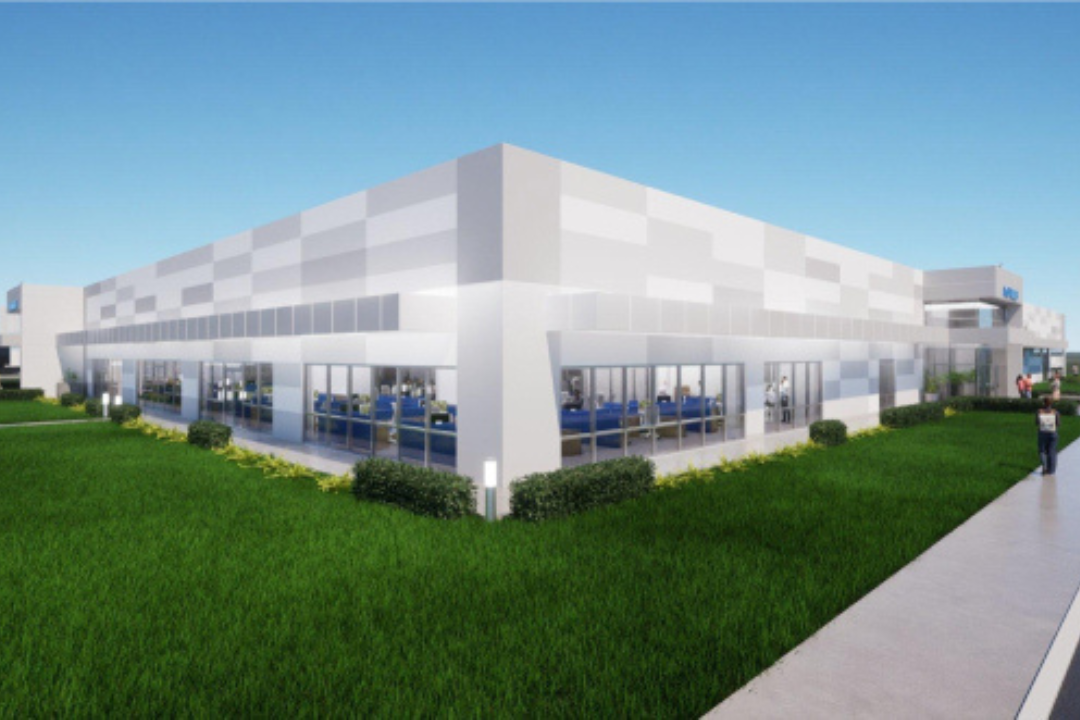Asahi Kasei, a global leader in advanced materials from Japan, has developed a new electrolyte that significantly enhances the performance of lithium-ion batteries (LIBs). This innovation improves power output in cold temperatures, durability in hot conditions, and energy density, while also reducing battery size and cost.
The new electrolyte, based on acetonitrile (AcN), was created by Asahi Kasei’s research team through the optimization of lithium salts, solvents, and additives, resulting in superior battery performance. Presented at the Battery Show by Yoto Iizuka, this development addresses key challenges in battery performance, such as efficient energy storage and cost reduction, particularly for markets like India where cost is a critical factor.
Kazuya Noda, Senior General Manager of Asahi Kasei’s Innovation Strategy Center, noted that this breakthrough is a significant step toward more sustainable energy solutions. The AcN-based electrolyte offers benefits for both electric vehicles and energy storage systems by improving energy density and reducing manufacturing costs. Asahi Kasei plans to commercialize this technology in 2025, positioning it to revolutionize the electric vehicle and energy storage markets globally.
The Indian battery market, known for being highly cost-conscious, stands to benefit significantly from this innovation as it helps lower cell prices. The industry’s preference for Lithium Iron Phosphate (LFP) technology, driven by safety and cost-efficiency, makes the Acetonitrile (AcN)-based electrolyte a strong fit for LFP cells, potentially moving them closer to achieving higher energy density.
Asahi Kasei plans to commercialize this new electrolyte by 2025, offering it to the global battery industry. This breakthrough technology is poised to transform the electric vehicle and energy storage sectors by enhancing battery performance and reducing costs.
Lithium-ion batteries (LIBs) are typically recommended to operate within a temperature range of 10 to 45°C. Charging at lower temperatures significantly reduces performance, causing a drop in cell capacity and power output, while charging at higher temperatures accelerates battery aging and shortens its lifespan. As energy storage systems and electric vehicles continue to grow, maintaining stable performance and durability in extreme temperatures becomes crucial.
Asahi Kasei’s development of a high ionic conductivity electrolyte addresses these challenges by enabling smaller battery packs without sacrificing power output, thus increasing energy density and reducing overall battery costs.
Founded in 1922, Asahi Kasei has evolved through proactive business diversification to address global needs. With over 48,000 employees worldwide, the company focuses on sustainability through its three key sectors: Materials, Homes, and Health Care. Its Materials division offers innovative products, including battery separators, engineering plastics, and biodegradable textiles, contributing to solutions for a sustainable future.







